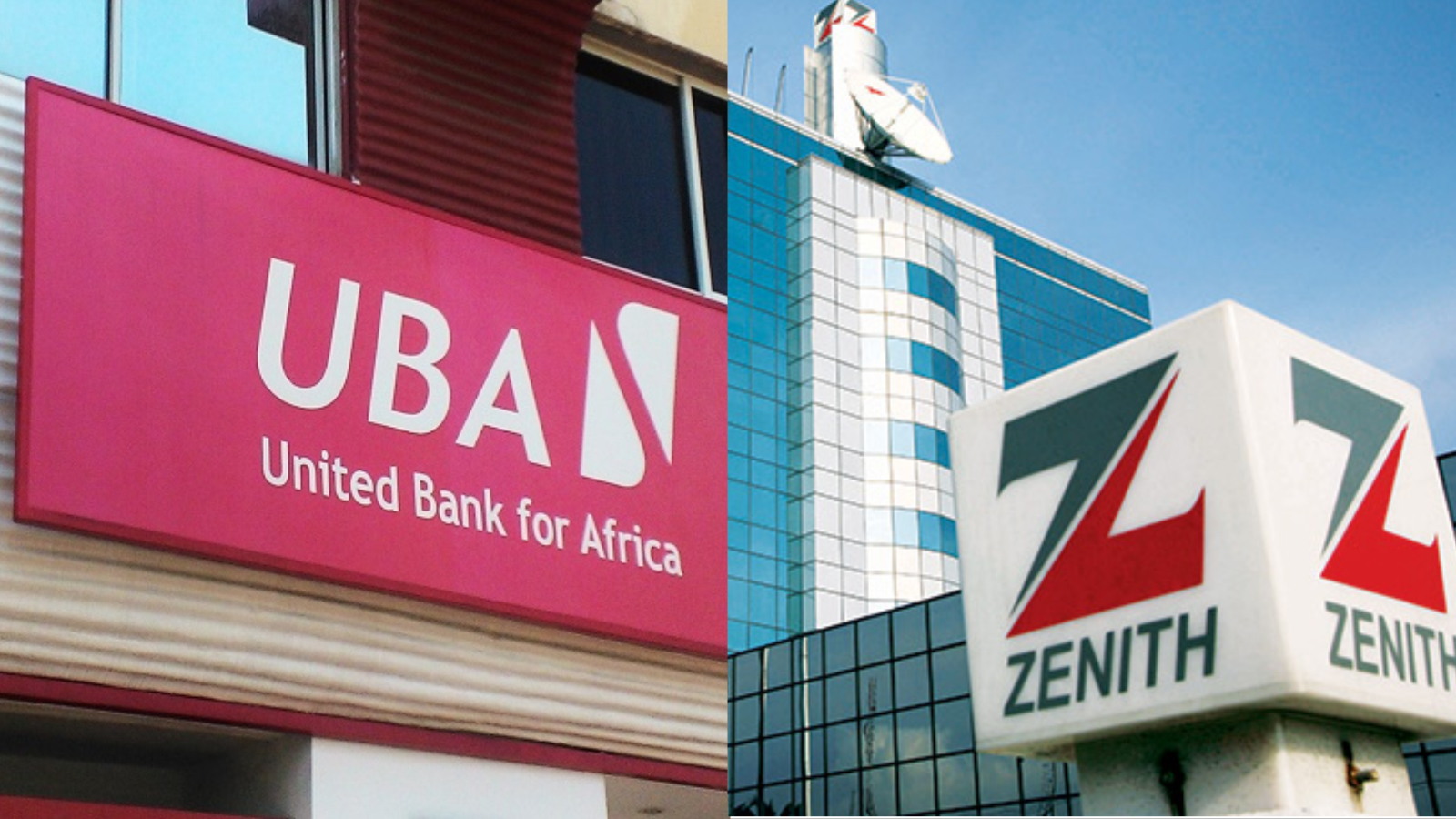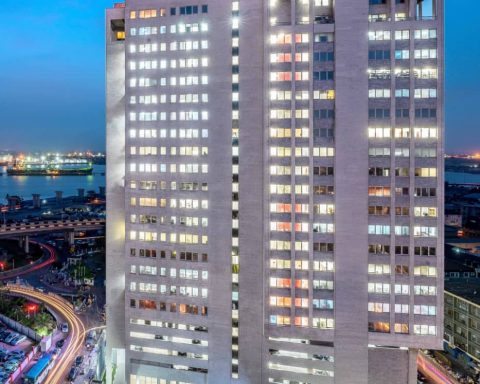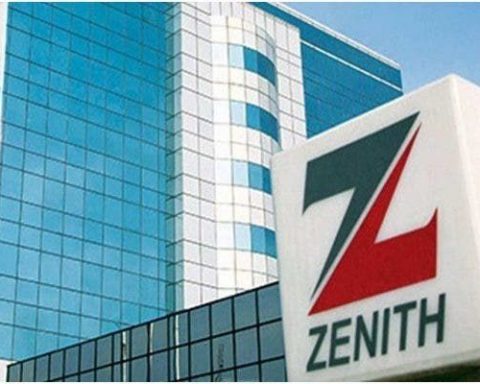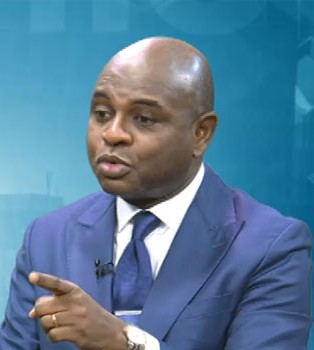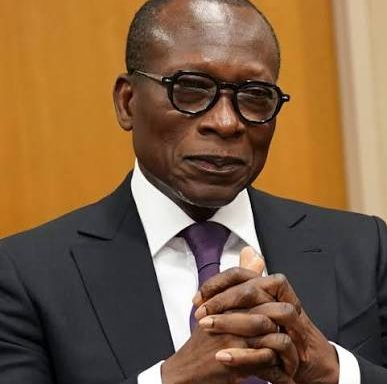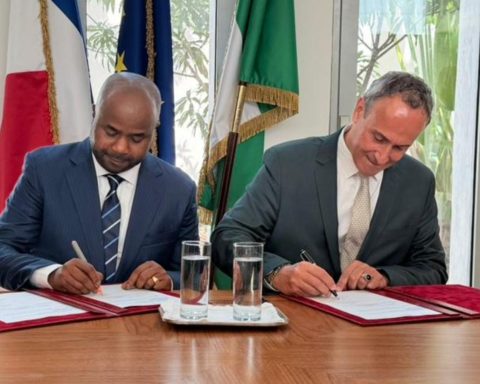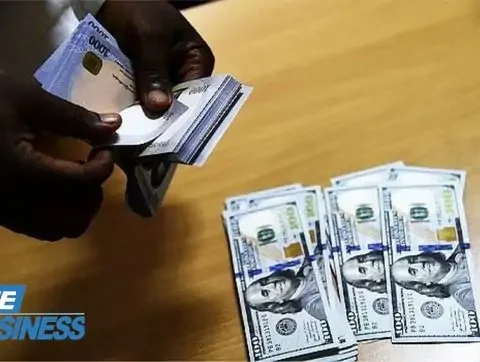Nigerian commercial banks suffered significant losses in Ghana in 2022, over the government’s inability to meet its debt obligations.
Prime Business Africa gathered that Zenith Bank and UBA lost N76.04 billion in their investment locked in securities issued by the Ghanaian government.
Join our WhatsApp ChannelRecall that in December 2022, the government of Ghana suspended repayment of foreign debt due to depleting international reserves, with the decision affecting Eurobonds, commercial term loans and the West African country’s bilateral debt.
Two months before that suspension was announced, Ghana’s currency, Cedi, was rated as the worst-performing among globally recognised currencies when pegged to the United States Dollar (USD). In October last year, Ghana Cedi had lost 45.1 per cent of its value.
The financial crisis forced the Government of Ghana to compel investors to exchange their bonds for new allotments at a lower rate which led to a hair-cut in investments.
A handful of Nigerian banks, such as Zenith Bank, UBA and Guaranty Trust Bank (GTBank) were exposed to the suspension of debt, which will force many investors in Ghana securities to take a pay cut in their investment.
As a result, Zenith Bank reported N58.76 billion loss allowance in its gross balance of investment securities issued by the Ghanaian government, in contrast to the N1.95 billion recorded in 2021.
In a financial statement explanatory note seen by Prime Business Africa, it was learnt that the financial crisis significantly impacted Zenith Bank subsidiary in Ghana, as it reported a N21.02 billion loss after tax in 2022, falling to achieve the N15.37 billion net profit sealed in 2021.
During the review period, Zenith Bank’s customer deposits fell by N59.70 billion or -13.31 per cent year-to-year, as it closed 2022 with N388.55 billion, below the N448.25 billion it ended 2021 with.
UBA was also impacted negatively, losing N14.238 billion after exchanging its N38.576 billion bong portfolio for new bond, which carried a value of N24.338 billion due to the cut in rate.
“Total bond portfolio by UBA Ghana eligible for the exchange is N38.576 billion. The present value of the new bond using the weighted average rate on the existing bonds is N24.338 billion, resulting in a derecognition/impairment loss of N14.238 billion,” UBA said in its own explanatory notes.
Although UBA said its total impairment loss attributable to its exposure in the Ghana investment market is N17.280 billion, the total operating impairment charge recorded by UBA Ghana was N17.979 billion.
“Included in the N17.979 billion impairment charge on investment securities was N17.280 billion impairment loss attributable to Group’s exposure in Ghana investment market, which significantly lost its value due to Domestic Debt Exchange Programme (DDEP) launched by Government of Ghana in December 5, 2022.
“DDEP was launched in response to Government of Ghana’s defaulting in servicing its debts when it suspended payments on most of its external debts and to ensure debt sustainability aimed at securing $3b IMF economic support,” UBA explained.
At the end of last year, UBA Ghana recorded a significant decline in profit before tax, posting N3.83 billion, as against the N18.07 billion of the year before.
Also, in its net profit, UBA saw a sharp decline, reporting N2.58 billion in 2022, falling short of the N5.80 billion profit after tax recorded in 2021.
Speaking to Prime Business Africa correspondent, a Portfolio Manager in Nigeria, Regina Nwangele, explained that the situation in Ghana will wipe off a large chunk of earnings in the balance sheet of Nigerian banks.
Nwangele said the case of the banks in Ghana is like an investor buys a company’s asset for N20, but he or she is forced to sell at N12 just because the issuer can’t afford to meet its obligations, not due to the asset losing value.
“Imagine I went to buy Zenith bank for N20 at least the best I want to sell it N20 naira or more than N20; that’s the best I want to sell my Zenith bank shares- either I’m selling it off at the same price I bought it or something better… then Zenith Bank Plc will now tell you that “no o that N20 share you bought is now automatically N12.
“You’ve lost N8, not because the market has gone up or down but because the issuer decides that he can’t account or he can’t pay as much as N20 or even better. It’s automatically a loss for those banks or corporate that have so much exposure in the Ghanaian bond and all that,” Nwangele said.
The Portfolio Manager also stated that the banks that bought into the bonds were told will lose about 30 per cent of their investment.


